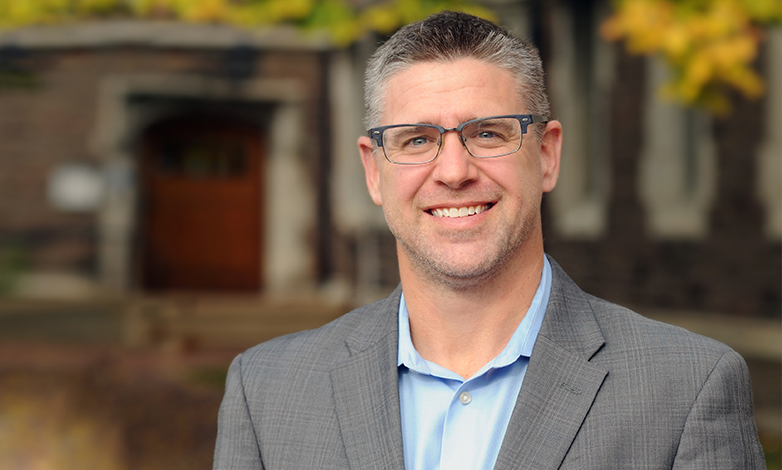A workshop hosted by the World Bank and led by experts including the Brown School’s Joe Steensma unveiled advancements in food production, featuring significant strides in boosting climate resilience and transforming livelihoods in aquaculture. The March 28 webinar spotlighted “Lean management in Aquaculture: A practical guide for smallholder fish farmers,” a guide co-authored by the members of the team. The guide identifies simple, actionable strategies for transforming aquaculture practices to foster lean, profitable enterprises.
Steensma, professor of practice at the Brown School, emphasized the integration of Lean methodologies to solve complex environmental and food security challenges through sustainable business practices. Other workshop leaders included Terri Lawrence, President of Collaborative Impact, who has used “Lean” to improve the efficiency and impact of food production systems; and Professor Oyebola Olusegun from the University of Ibadan, Nigeria, a leading fish geneticist, who offered case studies of these methodologies across Nigeria.
The workshop relied heavily on the experience gained by the team through a multi-year initiative in Nigeria, supported by the USAID Fish Innovation Lab at Mississippi State University. The initiative transformed smallholder aquaculture operations, and its success stories include dramatic increases in profitability and efficiency.
Participants in the webinar were introduced to case studies demonstrating how Lean advancements have led to:
- Adaptability and reduced waste in food production, processing, and storage
- Decreased operational expenses alongside improved productivity and profitability
- More efficient use of resources amid economic and climate challenges
“Small to medium aquaculture farms face myriad challenges, including high loan interest rates and profit margins under pressure,” Steensma said. “Lean offers systematic, cost-effective solutions that not only optimize operations but also integrate easily into local cultures, promoting continuous improvement and problem-solving.”
The technology has already improved food processing and preservation across farms in Nigeria, Ghana, Kenya, and Uganda, leading to significant reductions in waste and energy use.
“By enhancing the efficiency of the aquaculture and fisheries sectors, Lean strategies support the overarching goals of the World Bank,” Lawrence said. “These methods are pivotal in addressing some of the most pressing environmental and economic challenges today.”
